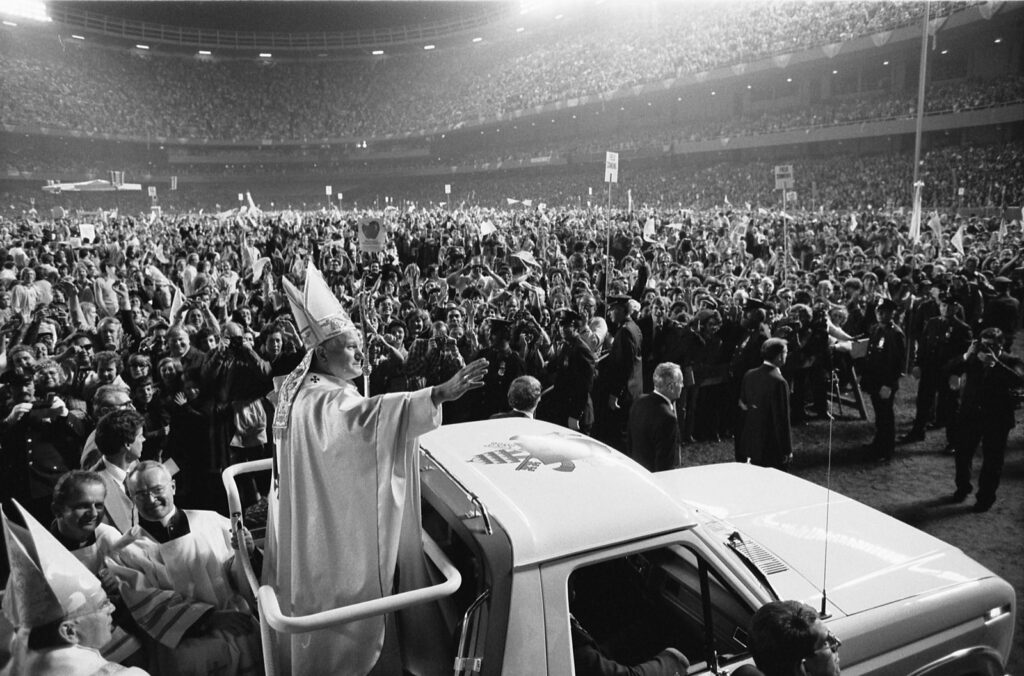
“”The Roman Pontiff, head of the college of bishops, enjoys this infallibility in virtue of his office, when, as supreme pastor and teacher of all the faithful – who confirms his brethren in the faith he proclaims by a definitive act a doctrine pertaining to faith or morals. . . . The infallibility promised to the Church is also present in the body of bishops when, together with Peter’s successor, they exercise the supreme Magisterium,” above all in an Ecumenical Council. When the Church through its supreme Magisterium proposes a doctrine “for belief as being divinely revealed,” and as the teaching of Christ, the definitions “must be adhered to with the obedience of faith.” This infallibility extends as far as the deposit of divine Revelation itself.” ¹
Yes, Popes do sometimes contradict each other and no it doesn’t create a problem.
A common misconception is that Papal Infallibility means either the Pope is always infallible or impeccable. However, that could not be further from the truth. The Pope makes mistakes and sins just like any other Catholic. Yes, preferably he would be holier than most as he holds the seat of Peter which is a holy position. So there’s no misunderstanding if any non-Catholics are reading this holy in this context means set apart for God. Now, let’s circle back to why the papal contradictions aren’t an issue.
In short, The Catholic Church has never had two Popes that had contradicted each other on infallible statements. Popes have contradicted each other on subjects unrelated to their office and statements made as private theologians. This doesn’t cause issues for the church because these are not infallible statements.
According to canon law “By virtue of his office, the Supreme Pontiff possesses infallibility in teaching when as the supreme pastor and teacher of all the Christian faithful, who strengthens his brothers and sisters in the faith, he proclaims by definitive act that a doctrine of faith or morals is to be held.” ² and “No doctrine is understood as defined infallibly unless this is manifestly evident.” ³ This means if a doctrine is to be considered infallible due to an ex cathedra statement (an infallible statement made by a Pope) it must be clear that it is meant to be an ex cathedra statement and be on a matter of faith and morals.
Now, if two Popes did contradict each other on an infallible teaching then there would be a problem for Catholics as this would point out a serious error in our theology. However, as history has proven the Holy Spirit has protected the church from error in authoritative teaching. Of course, there have been times where popes have spoken error as private theologians. However, never has such a teaching been made binding on the church.
A good example of none infallible papal statements is Pope Benedict XVI’s book “Jesus of Nazareth”. Great book by the way. This book wasn’t written with the intention of being infallible. It was written by the Pope Benedict XVI as a private theologian. If a future pope contradicts anything in this book it doesn’t create an issue.
¹CCC 891
²Cannon 749 §1
Cannon 749 §3
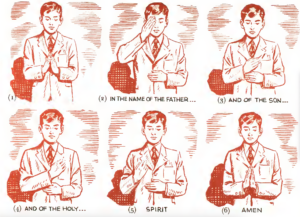
 First Sorrow: Mary Hears the prophecy of Simeon in the Temple
First Sorrow: Mary Hears the prophecy of Simeon in the Temple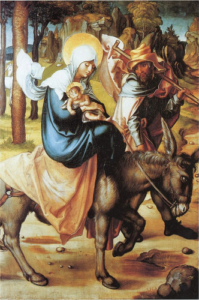 Second Sorrow: Mary flees with Joseph into Egypt to save Jesus
Second Sorrow: Mary flees with Joseph into Egypt to save Jesus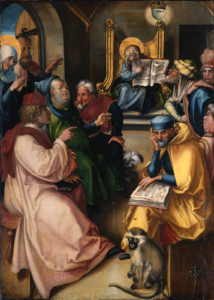 Third Sorrow: Mary loses Jesus and finds Him again in the Temple
Third Sorrow: Mary loses Jesus and finds Him again in the Temple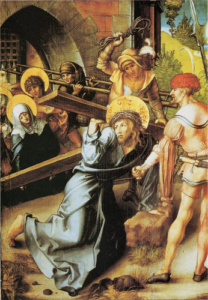 Fourth Sorrow: Mary meets Jesus carrying the cross on the way to Calvary
Fourth Sorrow: Mary meets Jesus carrying the cross on the way to Calvary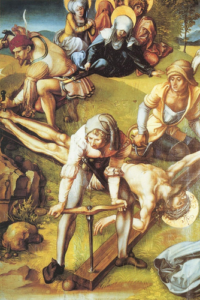 Fifth Sorrow: Mary is present at the Crucifixion and Death of Jesus
Fifth Sorrow: Mary is present at the Crucifixion and Death of Jesus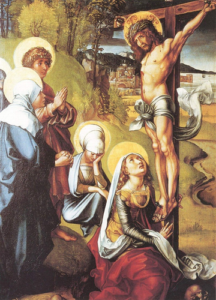 Sixth Sorrow: Mary receives the dead body of Jesus in her arms
Sixth Sorrow: Mary receives the dead body of Jesus in her arms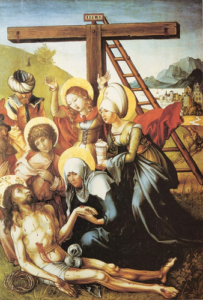 Seventh Sorrow: Mary accompanies Jesus to His Burial
Seventh Sorrow: Mary accompanies Jesus to His Burial
JLJL44… short, sweet, and to the point! Always a good sign. I am trying to play some games here! Join me!: jljl44
VIPWin666: This site looking like a premium experience! 666 could be lucky for you, or for the provider!! Let’s see if you’re a winner… : vipwin666
Scratch cards & online games have come so far! Seeing platforms like 9apiso ph download focus on RTP & secure verification is a huge step up. Makes the fun feel a bit more…responsible? Definitely checking it out! 🎉
Trying to find a good casino app to kill some time. Saw this playtime app casino download thing. Giving it a shot! Come download it with me! playtime app casino download
So, I stumbled upon plataforma987bet the other day. The layout is pretty clean, and they’ve got a fair selection of games. Worth a look if you’re trying to find a new spot! See if you like it at plataforma987bet